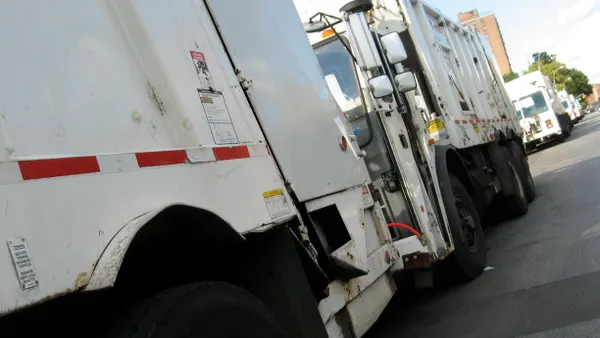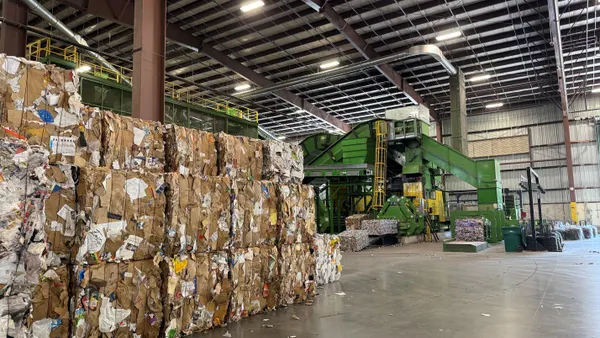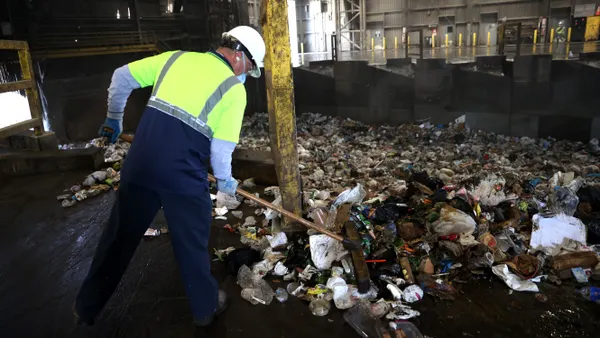UPDATE: Dec. 4, 2025: The U.S. EPA announced it’s extending the deadline for grant applications to Jan. 23, 2026.
Sept. 9: The U.S. EPA is soliciting applications from tribes and intertribal consortia for $20 million in funding through the Solid Waste Infrastructure for Recycling, or SWIFR, program, the agency announced Monday.
This is the first time the program has opened for new applications under President Donald Trump. SWIFR was created by the Save Our Seas Act 2.0, a bipartisan bill passed in 2020, and first funded by the Infrastructure Investment and Jobs Act signed by President Joe Biden in 2021.
The legislation allocated the program $55 million per year to spend from fiscal years 2022 through 2026, and Congress has occasionally supplemented that total.
Recipients for the latest round of SWIFR grants can expect to receive between $100,000 and $1.5 million for an individual award. The agency plans to make about 20 agreements in this round, totaling approximately $20 million. Proposed projects are expected to last three years, except in Alaska, where they can have up to five years.
Acceptable activities should incorporate concepts like source reduction, data collection, increased diversion rates or improvements to materials management infrastructure, per the EPA. Projects can address materials like organics, curbside recyclables, C&D waste, scrap tires and batteries.
The application period closes on Dec. 12. The EPA is planning to host an informational webinar on Oct. 7.
The agency last announced grantees for tribes and intertribal consortia in 2023. Funded projects included the Saint Regis Mohawk Tribe building a food waste composting facility in New York, the Crow Tribe of Indians providing household collection of recyclables in Montana and Kawerak building a regional recycling center in Nome, Alaska.
Federal grant recipients have struggled with mixed messages from the Trump administration this year. The EPA has canceled hundreds of grants for a variety of projects, including waste and recycling, some over mentions of environmental justice. Issues with the U.S. Treasury's reimbursement system for grantees under contract and declining support staff also have frustrated funding recipients.
Nevertheless, EPA has made more direct nods to waste initiatives in recent weeks. Last week, the agency announced Feed It Onward, an initiative aimed at connecting food donors with military communities to prevent waste. And EPA Administrator Lee Zeldin visited ExxonMobil's chemical recycling complex in Baytown, Texas, and a Clean Harbors hazardous waste incinerator in September.
The EPA has said repeatedly that the SWIFR program will continue, as well as the Recycling Education and Outreach funding program. It also confirmed Tuesday that it's still selecting applicants for a second round of SWIFR funding totaling $58 million meant to go to communities, states and territories.













